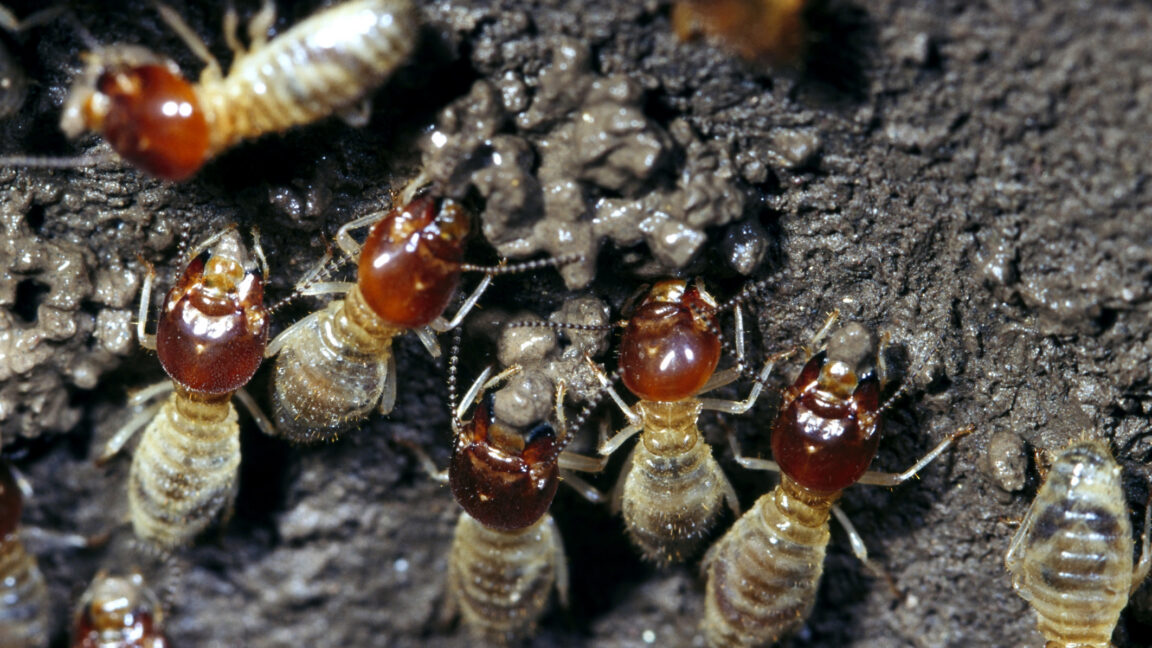
"Like any other agriculturalist, however, the termites face a challenge: weeds. "There have been numerous studies suggesting the termites must have some kind of fixed response-that they always do the same exact thing when they detect weed infestation," says Rhitoban Raychoudhury, a professor of biological sciences at the Indian Institute of Science Education, "but that was not the case." In a new Science study, Raychoudhury's team discovered that termites have pretty advanced, surprisingly human-like gardening practices."
"Termites do not look like particularly good gardeners at first glance. They are effectively blind, which is not that surprising considering they spend most of their life in complete darkness working in endless corridors of their mounds. But termites make up for their lack of sight with other senses. "They can detect the environment based on advanced olfactory reception and touch, and I think this is what they use to identify the weeds in their gardens," Raychoudhury says."
Odontotermes obesus cultivates Termitomyces fungi in underground combs by collecting dead leaves, wood, and grass. The fungi break down tough plant fibers, providing accessible nutrition for the termites. Termite fungus gardens are vulnerable to weed infestations that interfere with production. Termites do not rely on a single fixed response to weeds; instead, they employ flexible, varied management strategies. Effective weed detection relies on advanced olfactory and tactile sensing despite near blindness. Controlled experiments using autoclaved mound soil and paired combs in Petri dishes revealed adaptive responses by workers that indicate sophisticated, human-like agricultural practices.
Read at Ars Technica
Unable to calculate read time
Collection
[
|
...
]